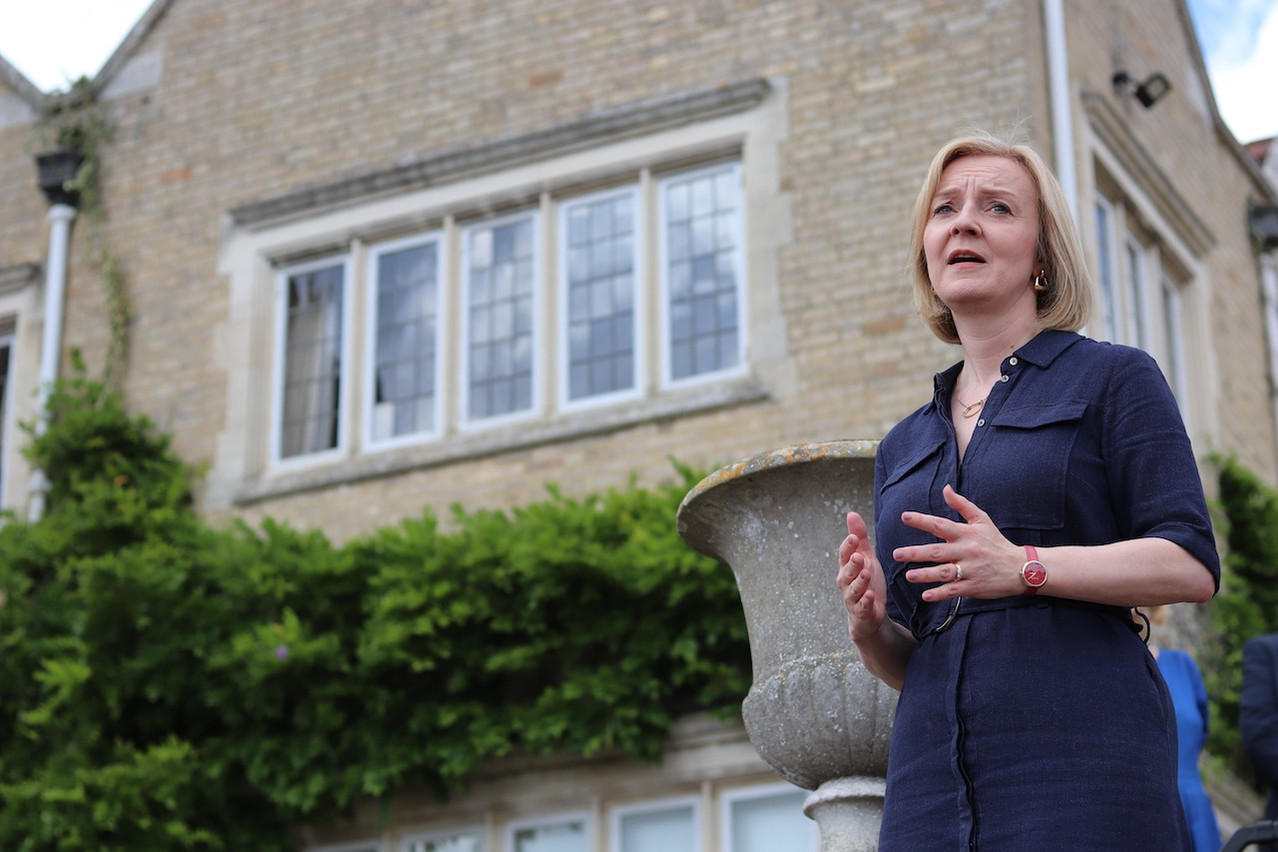Liz Truss has not event set foot in Downing Street as the new prime minister of the United Kingdom, but already interest groups are clamouring for her to act without hesitation to avoid an economic catastrophe.
One such group is the British Chambers of Commerce, which has 53 accredited Chambers across the UK and a further 70 overseas affiliates--including the British Chamber of Commerce for Luxembourg--sent out a press release within a couple of hours of Truss winning the Conservative party leadership election.
While congratulating Truss on her win, the BCC chair Sarah Howard issued a dire warning. We believe the country has already entered a recession and that inflation will hit at least 14% in the months ahead,” said Howard. She urged Truss to take immediate steps to support the economy.
It is now imperative that we see movement on our proposals.
“Like households, firms have been telling us of unsustainable rises in their energy bills and how difficult it is to find new fixed term contracts to buffer against further price hikes,” the BCC chair said, adding that unless Truss addresses these problems head-on “then the economy will drift further into dangerous waters and the outlook for both businesses and consumers will be bleak indeed.”
Howard reiterated the five-point action plan to support businesses that it sent to Truss’s team at the end of August. This included giving Ofgem (Office of Gas and Electricity Markets) more power to strengthen regulation of the energy market for businesses and imposing a temporary cut in VAT to 5% to reduce energy costs for businesses. “It is now imperative that we see movement on our proposals,” Howard said.
Covid-style support
The Chambers also wants Truss to introduce what it called covid-style support by introducing Government Emergency Energy Grant for SMEs and has also demanded a temporary reverse of national Insurance contributions that it claims would “put money back into the pockets of businesses and workers.”
Finally, the BCC wants the government to immediately review and reform the Shortage Occupation List--a measure introduced post-Brexit to prevent low-skilled workers from abroad coming to work in the UK--which it says could “help bring down wage pressures and fill staffing vacancies.”
During her campaign, Truss did not seem open to any of these suggestions. She reiterated during her acceptance speech on Monday that she “will govern as a Conservative”. She is opposed to handouts and is a keen follower of the Tories’ traditional low tax, small government ideology.
As for opening up the UK’s borders to low-skilled workers, that will certainly find little sympathy with Truss the hardline Brexiter, even though she initially campaigned for the UK to stay in the EU ahead of the 2016 referendum.
